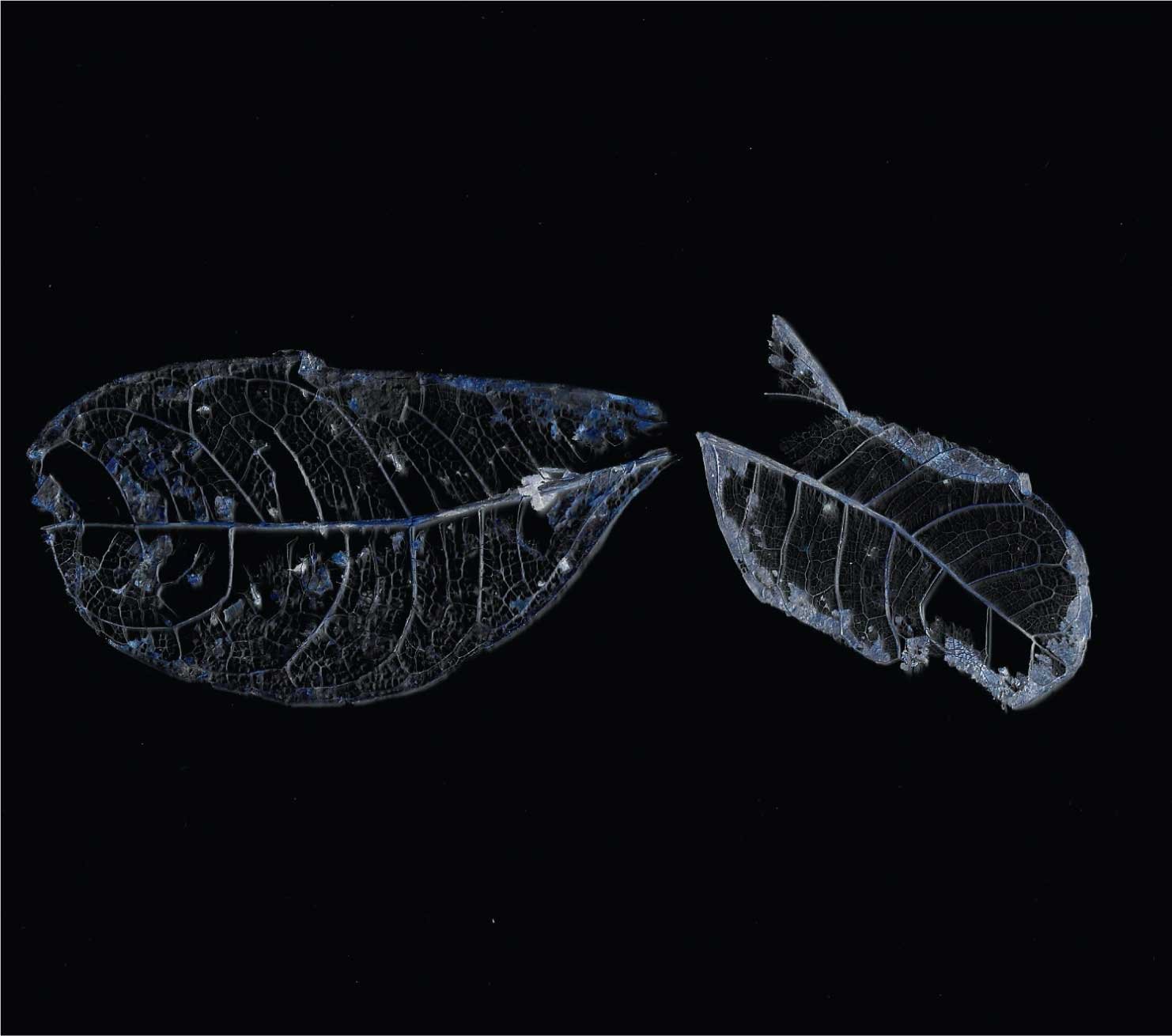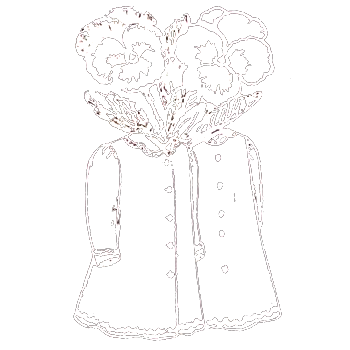
Mission
I founded Tender Buttons press in 1989, naming it after Stein’s Tender Buttons. Tender Buttons aims to publish the best in experimental women's writing. The poetics of all Tender Buttons books gives rise to an extraordinary range of innovative forms and modes including conceptual projects, cut-up, the boundary between life and art, documenting consciousness, refrigeration of poetic form, radical intertextuality, the question of generations and generativity and how to write against, out of, and around another’s writing. “Write in as many ways as you can imagine” Bernadette Mayer said and the parallel projects of my press and my poetry writing “attempt to write in a way that’s never been written before.” (My first book Polyverse which was awarded the 1996 New American Poetry Series Award and published by Sun & Moon in 1999 pursues these aims as well).
Once upon a time, “he” asked if and why I would publish only women. I said I didn't know yet, and that it wasn’t absolute. I later realized I had been talking to an editor of the otherwise wonderful Anthology of New York Poets that had included Bernadette at age 25 but as the only woman in it. What was that all about? What about Barbara Guest? Alice Notley? Who else? (And The New American Poetry 1945-1960? Only Helen Adam and Denise Levertov. And racially how fucked up.)
On at least two occasions, both by male independent publishers who had done no more than one woman’s book in their whole historic run, it was said of me: "O, she's the one who does women’s books." First I was insulted that I would be characterized that way as one of the main reasons I am doing only women’s books is because you guys did only men–it’s necessary! But then later I thought, well I’ll just take it as a compliment! It’s complicated, because there are plenty of contemporary male poets who need books published, who are neglected, and who I love dearly for inspiring me also. To quote the Breeders, “I just want to get along.” But as long as presses who publish only or mostly men are thought of as “normal” and called “presses,” and presses who happen to publish only women are labeled “that one who does women’s books,” we have a problem. This is also where the economic issue comes into play since money makes one need to be clear about priorities. When I started, Tender Buttons and Kelsey St. Press, were the only presses that published mainly experimental poetry by women. I published work by men in broadsides, pamphlets or in magazine issues or anthologies I edit, schedule men to read in poetry series, and teach work by men in my classes, but since books are such a primary commodity in this culture, I choose to invest my time, energy and money for women.
And today: the generation of generations. This website points to a dream from where I began. Books on the floor, a cover made from a drawing by Bernadette’s 9 year old daughter at a poetry reading. A quarter century later, my 15 year old is now sleeping in the next room. New means of dissemination miraculous in their accessible multiples. We continue to make the good fight for works new and old to make them available, to make space and to pass this good grace to the coming generations, for many works that went on to be great works and future new ones in the making. We remount again the horse of “working and sleeping and working on our non-paying work.”
-Poet & Founding Editrix, Lee Ann Brown
